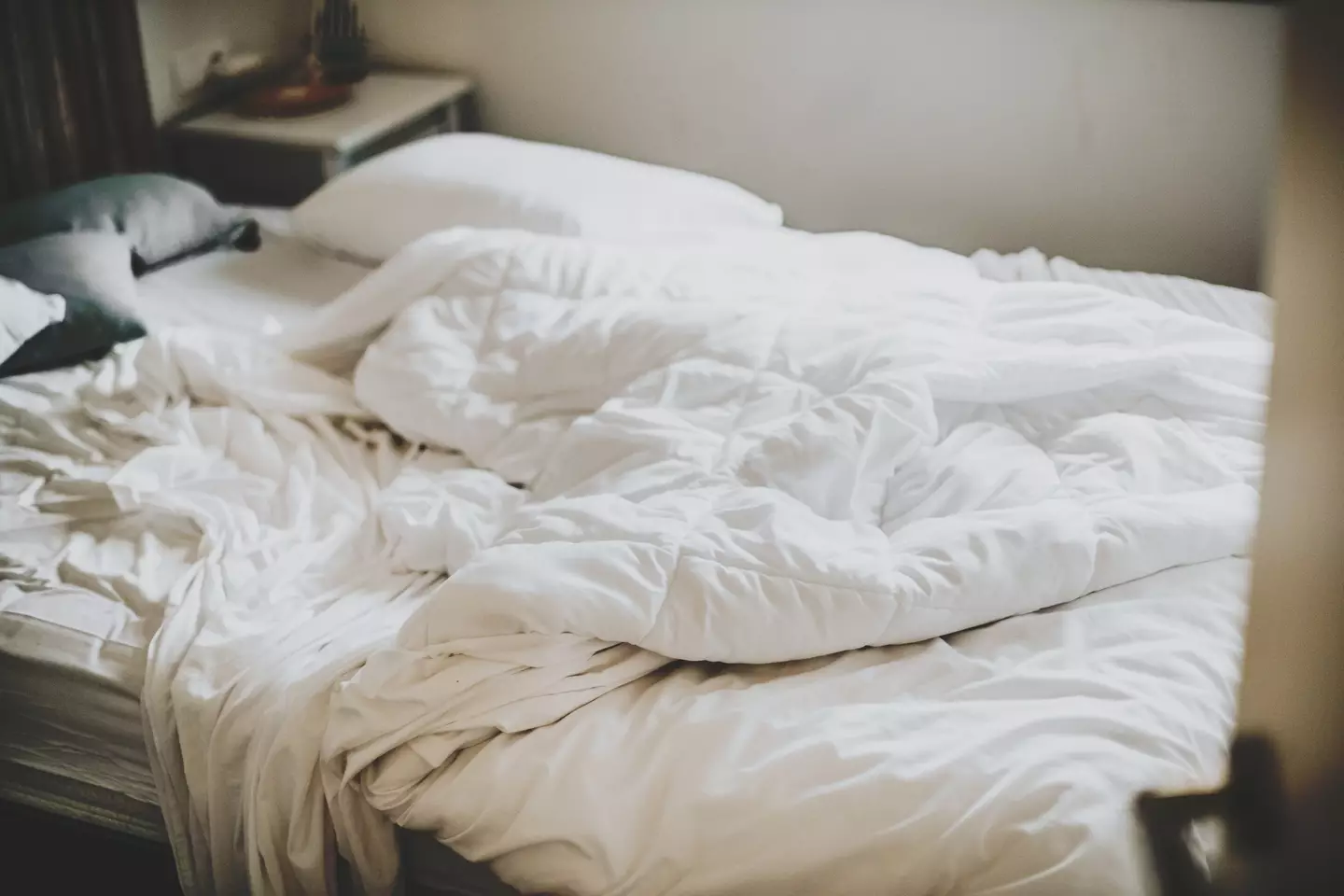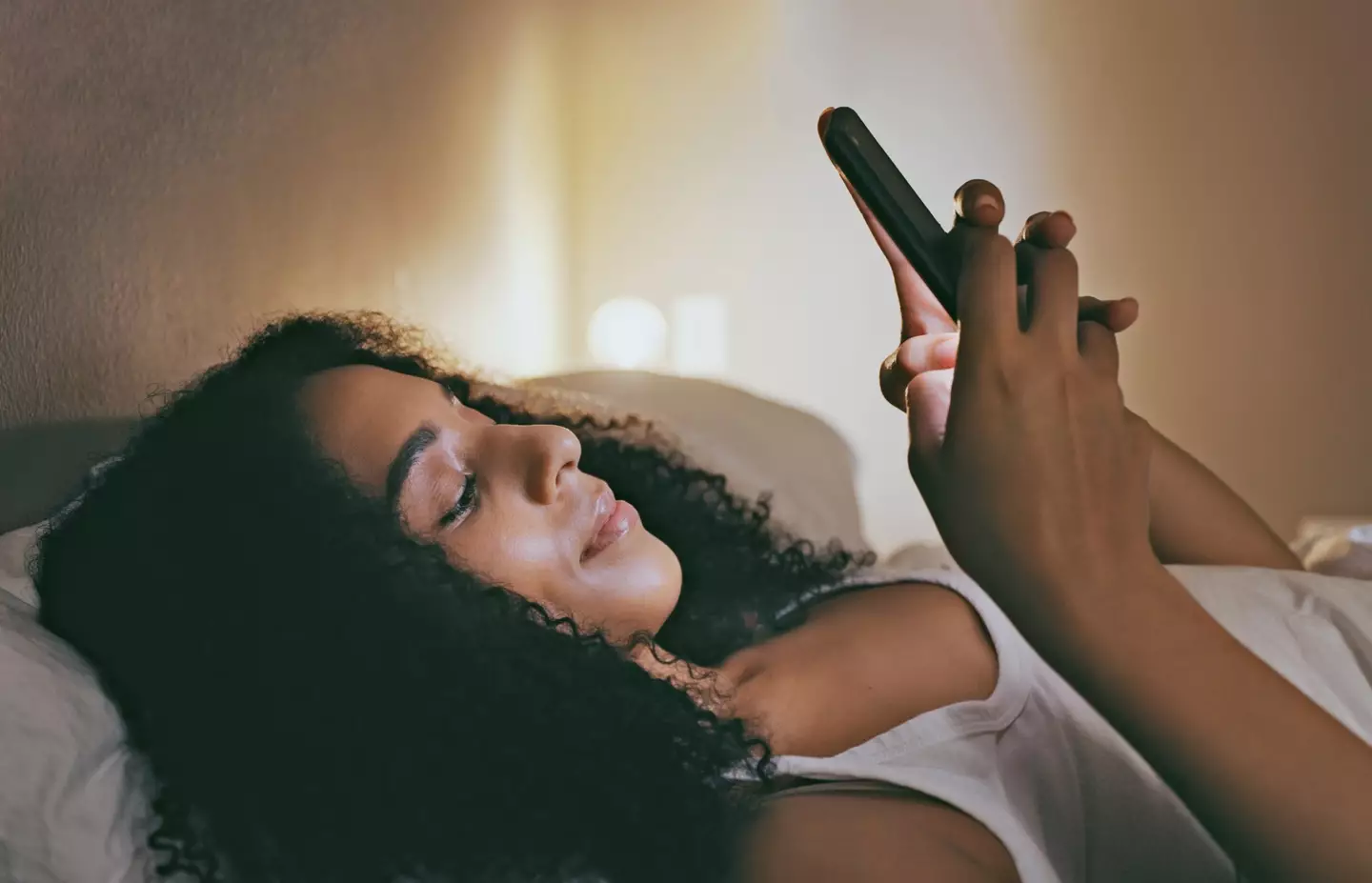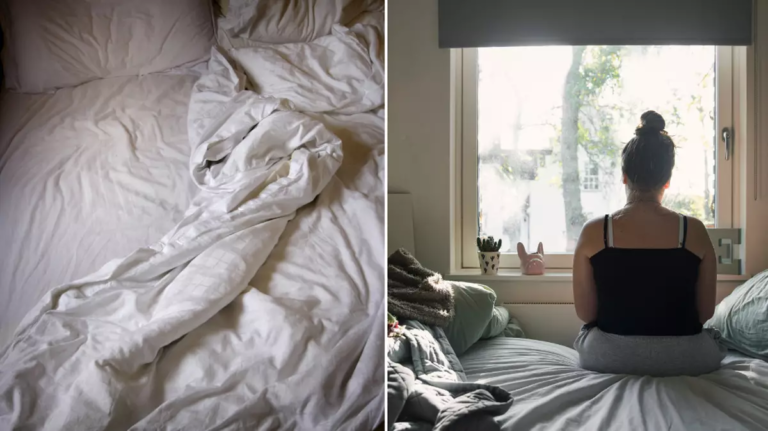Lately, many people, myself included, have been jumping on a new lifestyle trend that has been all the rage on the internet for the past few months.
This practice, known as “bed rot,” sounds pretty creepy, but it’s simply a phrase used to describe the new self-care trend that young people are obsessed with on TikTok and other social media.
It’s not like I’m sleeping in dirty sheets or anything like that. Remotely I see.

Gen Z seems to be loving the “bed rot” trend that’s taking TikTok by storm. (Carol Yepes/Getty Images)
Simply put, it means staying in your own little cocoon in bed all day.
Let’s be honest, the world can be a very dark place.
In the UK alone we have a cost of living crisis, a housing crisis, mental health issues and so much more.
But what’s wrong with simply lying in a warm, cozy bed on your days off, kicking back and relaxing without thinking about anything else?
But Dr. Katrina Ostmeyer, psychologist and CEO of Beyond the Individual LLC, says “bed rot” could be doing more harm than good to your mental health.
“While most people enjoy a lazy day, this new trend of ‘sleep rot’ seems like a way to popularise a pattern of behaviour that can be very harmful to many people,” she said.
“Spending your days lying in bed and engaging in passive activities limits your opportunities to encounter enrichment and meaning in life.”
Dr. Teresa Marco, a board-certified clinical specialist in orthopedic physical therapy, agrees: “Inactivity begets inactivity. Less movement will lead to less mobility.”
“Lying in bed for long periods of time is not good for your muscles and joints. After several days in bed, you start to lose muscle mass, which means you become weaker.”

Personally, I’d rather have so much fun that the bed rots. (LaylaBird / Getty Images)
Meanwhile, Dr. Jesse Gold, an assistant professor of psychiatry at the University of Washington, noted some general concerns about the issue.
“I just learned this term, bed rotting, and apparently it’s when you’re so tired and stressed you can’t get out of bed and it’s a way of coping,” he said in a TikTok post.
“I think a lot of us do that: I say I’m tired because I’m tired from stress, I’m tired from anxiety, and I’m tired from not being able to sleep because of both.
“But while we need sleep, we need to ask ourselves whether our sleep is restorative or avoidant.”
“Are you sleeping because you don’t want to get up, because of stress, anxiety or things you have to do, or are you sleeping because you really need to?”
“You don’t have to constantly fight the urge to bed rot, but ask yourself why this is happening.”

